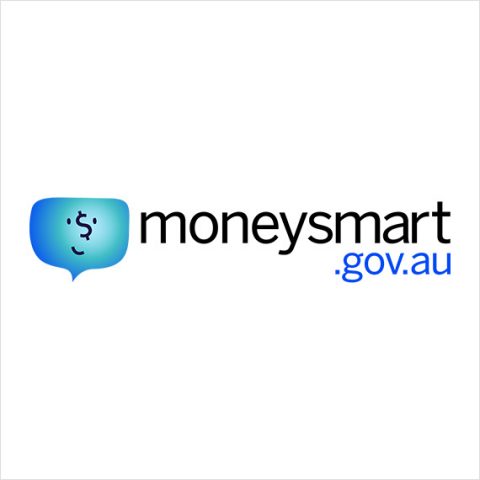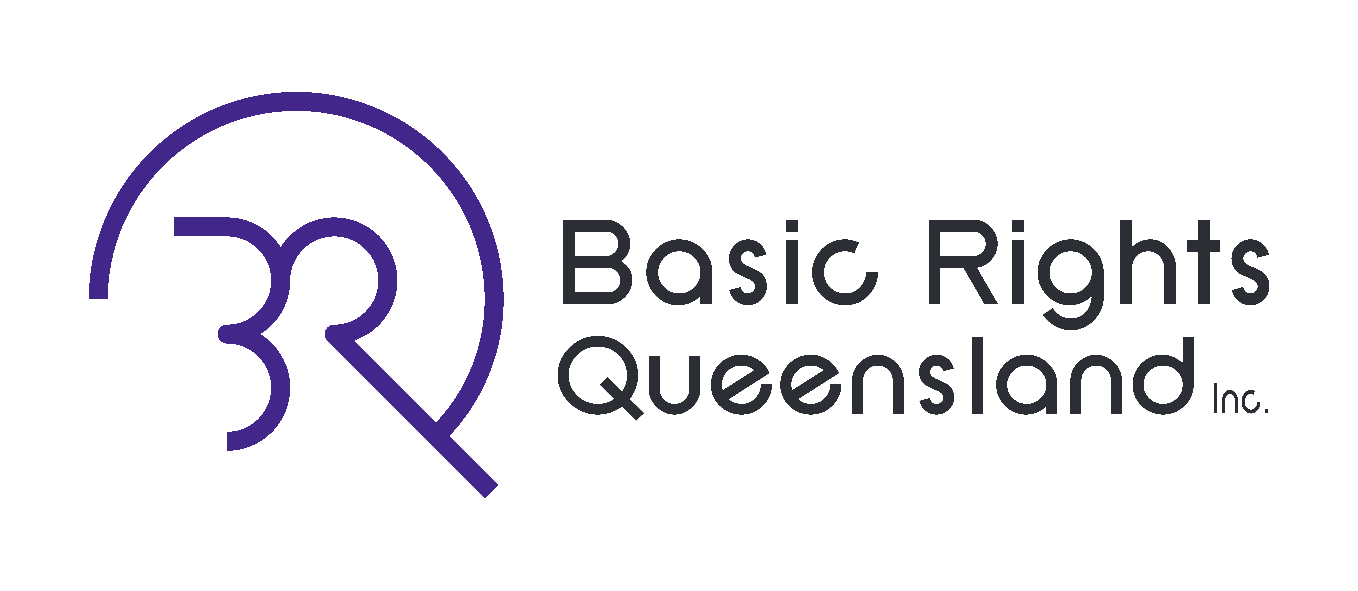
Information about what concessions and financial assistance is available.
Employment
Everyone Can Work (a project by Inclusion Australia) is a great place to start for people with disability wanting to enter the workforce. It breakdowns the A-Z of employment, the difference between open employment, supported employment (Australian Disability Enterprises) and how you may be able to use your NDIS funding to gain employment.
Under law, an employer is required to make reasonable adjustment to ensure a person with disability is able to complete their role. The Job Access Scheme by the Federal Government can help by providing advice on reasonable adjustments and in some cases, by providing financial support to make adjustments.
There is also the Disability Employment Services (DES) which is funded by the Federal Government and operated by providers to help people with disability find and keep work. People with disability can find a DES provider by using the ‘Find a provider’ search function on the Job Access website. Sometimes, people with disability have difficulties using DES providers and need to make a complaint. Complaints can be made to the Complaints Resolution and Referral Service by calling 1800 880 052 or by using the online complaint form.
Caxton Legal Centre have created some factsheets about work and life which are available on their website.
Centrelink
Centrelink refers to Australia’s social security payments program which is operated by Services Australia (formerly the Department of Human Services).
Centrelink provides a wide range of payments depending on your individual circumstances. There is the JobSeeker payment for adults looking for work, or Youth Allowance for job seekers that are under 21.
There is also the Disability Support Pension for people who are unable to work due to impairment. There is also the Mobility Allowance which helps with the additional travel costs incurred for those who can’t use public transport. (Please note, if you receive NDIS, you will not receive Mobility Allowance, rather you will receive a Transport Payment in your plan).
Sometimes, Centrelink disagree with what payment you are eligible for and as a result, you may need to review this decision. It can be useful to get advice about your individual circumstances within the context of Centrelink. Basic Rights Queensland and Townsville Community Law both provide specialized social security rights advice. Additionally, you may be able to apply for a grant of aid from Legal Aid Queensland to be supported during an external review. To understand how to review a decision you disagree with, read the Reviews and Appeals of a Centrelink decision webpage.
Cards and concessions
There are a number of financial concessions available which are operated by both State and Federal Government.
If a person with a disability is receiving the Disability Support Pension, they should also receive a Pensioner Concession Card. A Pensioner Concession Card provides discounted medicine under the Pharmaceutical Benefits Scheme, bulk billed doctors visits (this is at discretion of the GP) and access to the Hearing Services Program. Additionally, the Pensioner Concession Card may mean you are offered discounts or rebates on utility bills, property and water rates, public transport fares and motor vehicle registration. If you are someone who requires a consistent temperature due to your disability, you may also be eligible for the Medical Cooling and Heating Electricity Concession Scheme.
If you’re not accessing the Disability Support Pension, you may be eligible for a Health Care Card, or a Low Income Health Care Card which provides some of the benefits the pensioner concession card provides, but not all. A service available to both Pension Concession Card and Low Income/Health Care Card holders is the Spectacle Supply Scheme which covers the cost of a basic pair of prescription spectacles.
In Queensland, there is the Companion Card which is for people with disability who have a lifelong need for ‘attendant care support’ to participate in the community. The Companion Card enables the person accompanying a person with disability to receive a second ‘companion’ ticket at no charge at participating venues and on public transport.
When it comes to public transport, Queensland has a variety of concessions. There is discounted travel for people with concession cards, however there is also the TransLink Access Pass which provides free travel for those who can travel independently but are unable to touch on or off using a go card. For those who are vision impaired, the Vision Impairment Travel Pass provides similar support to the TransLink Access Pass. The Taxi Subsidy Scheme and Lift Payment subsides taxi travel (half of the total fare, up to $25 per trip) for people with severe disabilities and provides a lift payment of $20 when a wheelchair accessible taxi is required.
For further information about concessions and rebates, visit the Queensland Government website, Smart Savings. Additionally, the Queensland Government has a very helpful Concession Finder which identifies applicable concessions based on individual circumstances.
Family & Carer Support
Carer Gateway is an important resource for all carers. Carer Gateway provides emotional, practical, and financial support for carers. There are also tips and information for carers on how best to manage different life events and online courses to help carers to develop new skills which can positively impact their caring role. Carer Gateway can also connect carers with other carers with both in person and online peer support groups. Carers can access Carer Gateway by visiting the webpage or by calling 1800 422 737.
Carers Queensland are a Queensland based organisation which provides a range of programs and services to support carers including training and wellness initiatives. Carers Queensland can be contacted by vising the webpage or by calling 1300 747 636.
ARAFMI provides counselling, support groups, workshops and information sessions to carers or family members of a person living with a mental illness. ARAMFI can be contacted by visiting their webpage or my calling 07 3254 1881 or by calling their 24/7 carer helpline on 1300 554 660.
If you’re a young carer (under 25 years of age) there is the Young Carers Network which provides support to young carers. The Young Carers Network also offer a Young Carer Bursary which helps by providing financial support to young carers to continue their education.
Raising Children is an Australian parenting website which can be a great place for parents to connect with one another to learn how best to support their child with or without disability. MyTime also provides supports to parents of children with disabilities. Siblings Australia is a place where parents can learn how to best support their children without disability and also where siblings of people with disability can connect and share ideas.
Financial planning & support
Managing money is an important aspect of budgeting. There are a variety of financial planning and support options.
The Australian Government has created the moneysmart website which has information on everything from connecting to a financial counsellor, reducing debt, and even understanding how to invest.
Services Australia has a Financial Information Service which is free and can provide education about financial matters. The also host free webinars to help understand different government payments, concessions and special disability trusts. Services Australia has a simple money manager program too which can help people budget.
Good Shepherd offer a range of services to people who live on a low income. Good Shepherd provide No Interest Loans (NILS) for essential goods and services, household relief and vehicles, as well as affordable insurance.
Sometimes even with the best intentions, people can fall behind on payments and find themselves in debt. The National Debt Hotline provides free and confidential financial advice, and step by step guides on how to tackle debts. The National Debt Hotline can be contacted on 1800 007 007 or by sending an enquiry via the online enquiry form. There is also the Mob Strong Debt Helpline which can help Aboriginal and Torres Strait Islander peoples to find a financial counsellor and access self-help resources. The Mob Strong Debt Helpline on 1800 808 488. Sometimes the Mob Strong Debt Helpline is busy, so it is best to leave a voicemail and they will call back as soon as possible.
The Financial Right Legal Centre is a NSW based community legal centre, however they offer national wide specialist consumer insurance advice services. If you are seeking insurance advice, you can contact Financial Rights on 1300 663 464.
If you’re in crisis and need financial support, Services Australia can help with crisis and special help payments. For further information on financial support for fundamental needs (such as food, shelter, etc) head to our Emergency Support section of our website.





